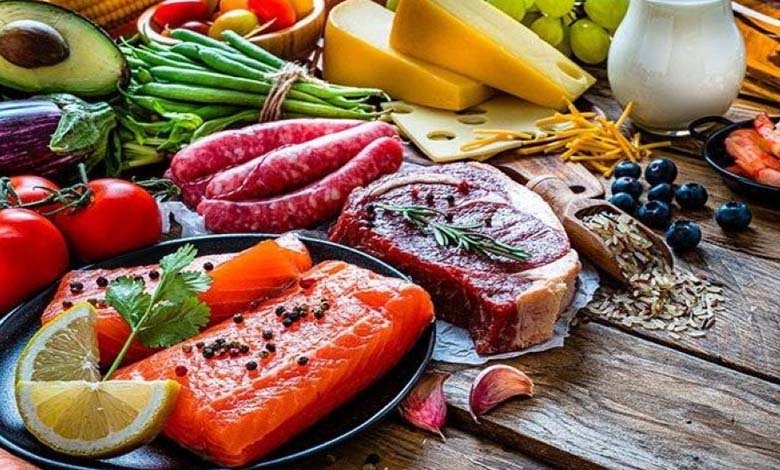Animal or Plant-Based Iron – Which One Does Your Gut Prefer?

Iron is a vital mineral that the body needs to function properly. It plays a key role in transporting oxygen through the blood, producing energy, and supporting the immune system. But not all iron is the same. There are two main types of iron found in our diet: heme iron, which comes from animal sources like red meat, poultry, and fish, and non-heme iron, which is found in plant-based foods like lentils, spinach, nuts, and whole grains. These two forms are absorbed differently by the body, especially in the gut.
Heme iron is much more easily absorbed. The human body can absorb about 15 to 35% of heme iron, while it only absorbs 2 to 20% of non-heme iron. That means even if you eat a lot of iron from plants, your body may not get as much of it because the intestine absorbs it less efficiently. On the other hand, animal iron is naturally more bioavailable. This is why vegetarians and vegans need to pay more attention to their iron intake, especially women with heavy periods, pregnant women, or growing teens who have higher needs.
But beyond absorption, it’s important to look at how iron affects gut health. While heme iron is better absorbed, recent studies suggest that too much of it may negatively affect gut bacteria. It can encourage the growth of harmful bacteria, disrupt the balance of the gut microbiome, and increase inflammation in the intestines. This can be especially problematic for people with digestive issues like irritable bowel syndrome or inflammatory bowel disease.
-
3 Foods That Reduce the Risk of Heart Disease and Promote Gut Health
-
5 Foods to Boost Energy and Ease Winter Fatigue
Non-heme iron, though less efficiently absorbed, tends to be gentler on the digestive system. When eaten as part of a diet rich in fiber and antioxidants, as often seen in plant-based diets, it may help support a healthy microbiome. There are also simple ways to improve its absorption, such as eating it with foods rich in vitamin C (like peppers, citrus fruits, or broccoli), avoiding tea or coffee during meals, or soaking legumes before cooking to reduce compounds that block iron absorption.
In the end, it’s not about saying one type of iron is good and the other is bad. It all depends on your individual needs, lifestyle, and digestive health. If you have a diagnosed iron deficiency, your doctor may recommend temporary supplements or easier-to-absorb sources. But for everyday needs, it’s a good idea to include a variety of iron sources from both animals (if you eat them) and plants, while also adopting habits that support both absorption and gut health.












